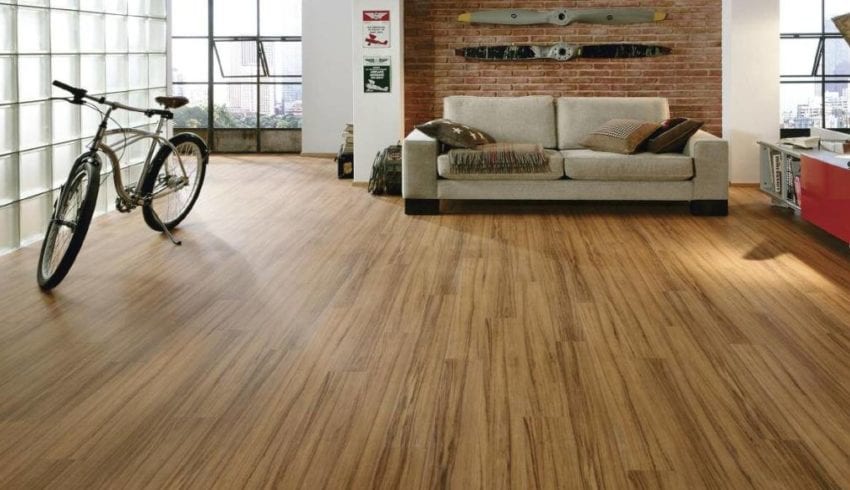Here we go again… first it was Chinese drywall that brought volatile chemicals into our homes. Now the CDC (Centers for Disease Control and Prevention) is targeting Chinese laminate hardwood flooring. At the heart of the issue is the use of formaldehyde. Aside from being a known human carcinogen, it’s the same stuff used to embalm and preserve those lovely dead things in your science teacher’s classroom. If you’re over 35, you’ve likely smelled formaldehyde in your high school biology class when you performed dissections. Now you might smell it in your flooring…and that’s not good.
Despite its ability to cause cancer, formaldehyde has found many uses in industrial and construction applications. Its use as a base chemical leads to the manufacture of several formaldehyde-based resins and plastics. It is a foundation for many automobile parts, has uses in the treatment of wood, and is used to make carpet. It’s even used as a finisher to make clothes crease-resistant among many, many other applications.
Clearly formaldehyde isn’t all bad—it’s just about everywhere you look. However, it’s the in the treatment of wood products that has formaldehyde in the hot seat right now. The CDC identified Chinese laminate flooring products sold from popular retailer Lumber Liquidators may cause between 6 and 30 cases for every 100,000 people living with the floors installed in their home.
Lumber Liquidators is claiming that the CDC is overstating the potential for problems with its products. Even the CDC is acknowledging that their numbers are likely high due to playing it safe.
Despite offering free test kits, Lumber Liquidator stock has dropped some 20% following the announcement. The issue isn’t that formaldehyde was used—it’s that it was used in unusually high levels that have caused the concern.
What to do if You Have Chinese Laminate Flooring
If you’re a contractor using these products from Lumber Liquidators, be sure to do your due diligence and talk to you clients before installing any new flooring. Going ahead with an install with the knowledge that it could be an issue may open your business up to a civil lawsuit later on.
The CDC recommends anyone with the problem flooring in place keep their home as cool as they can while still being comfortable. This helps reduce the amount of formaldehyde that becomes airborne as a gas. You should also open up your windows or turn on your ventilation system to remove the gas throughout the day.
Asthma and COPD sufferers are likely to have more frequent reactions than they normally would as gases increase. Everyone may be subject to eye, nose, and throat irritation beyond what would be normal. Taking steps to reduce the irritations will also help reduce the cancer risk.
Click here for the CDC statement.



